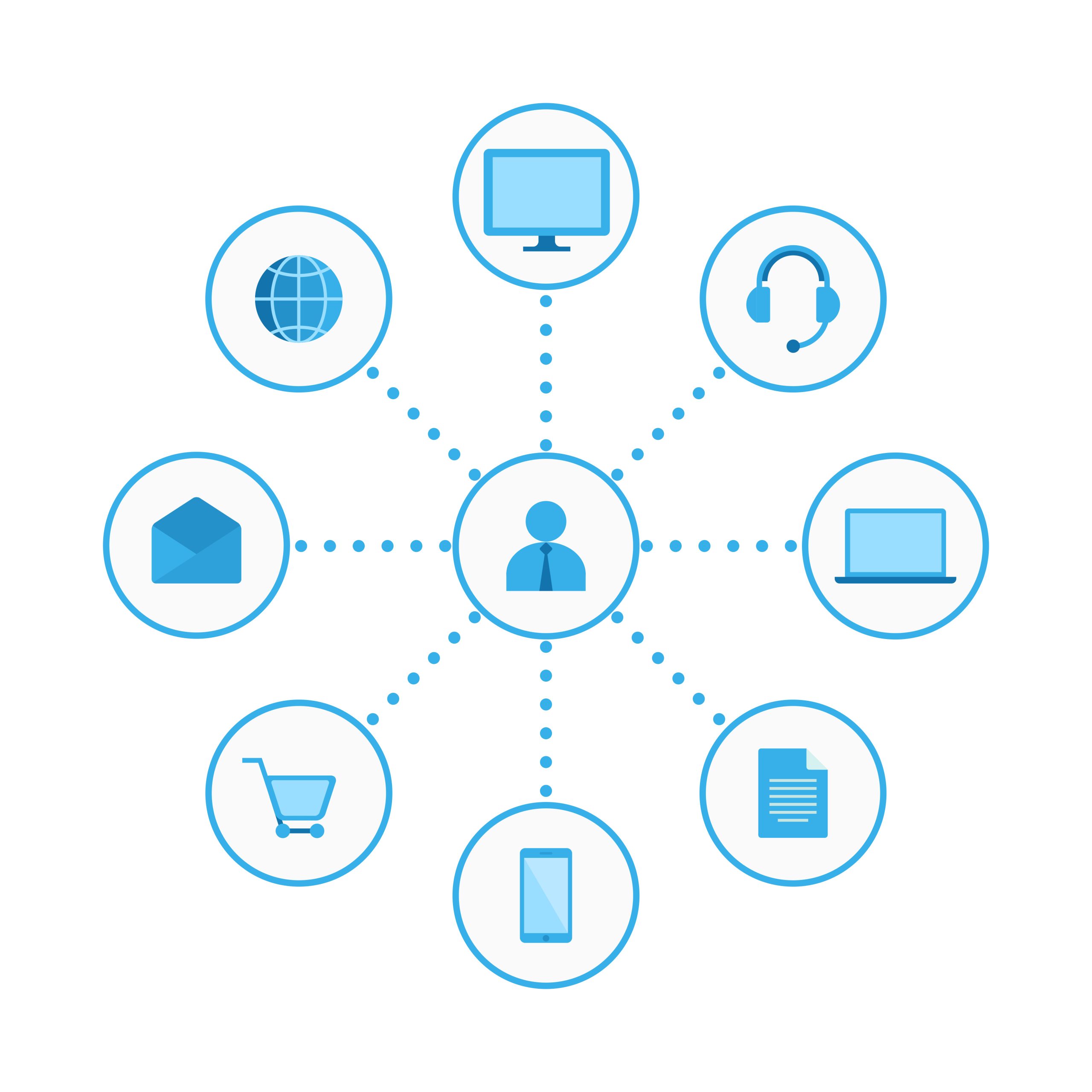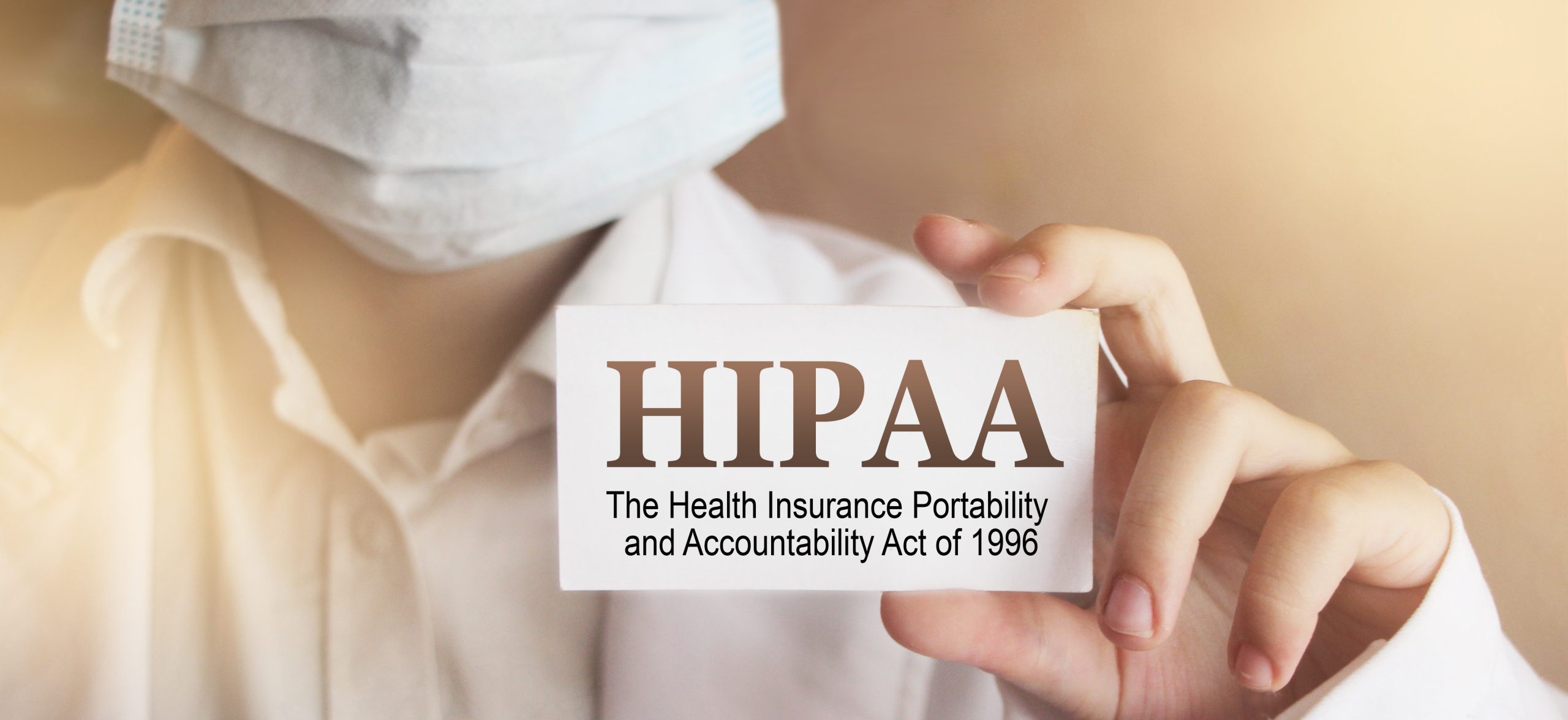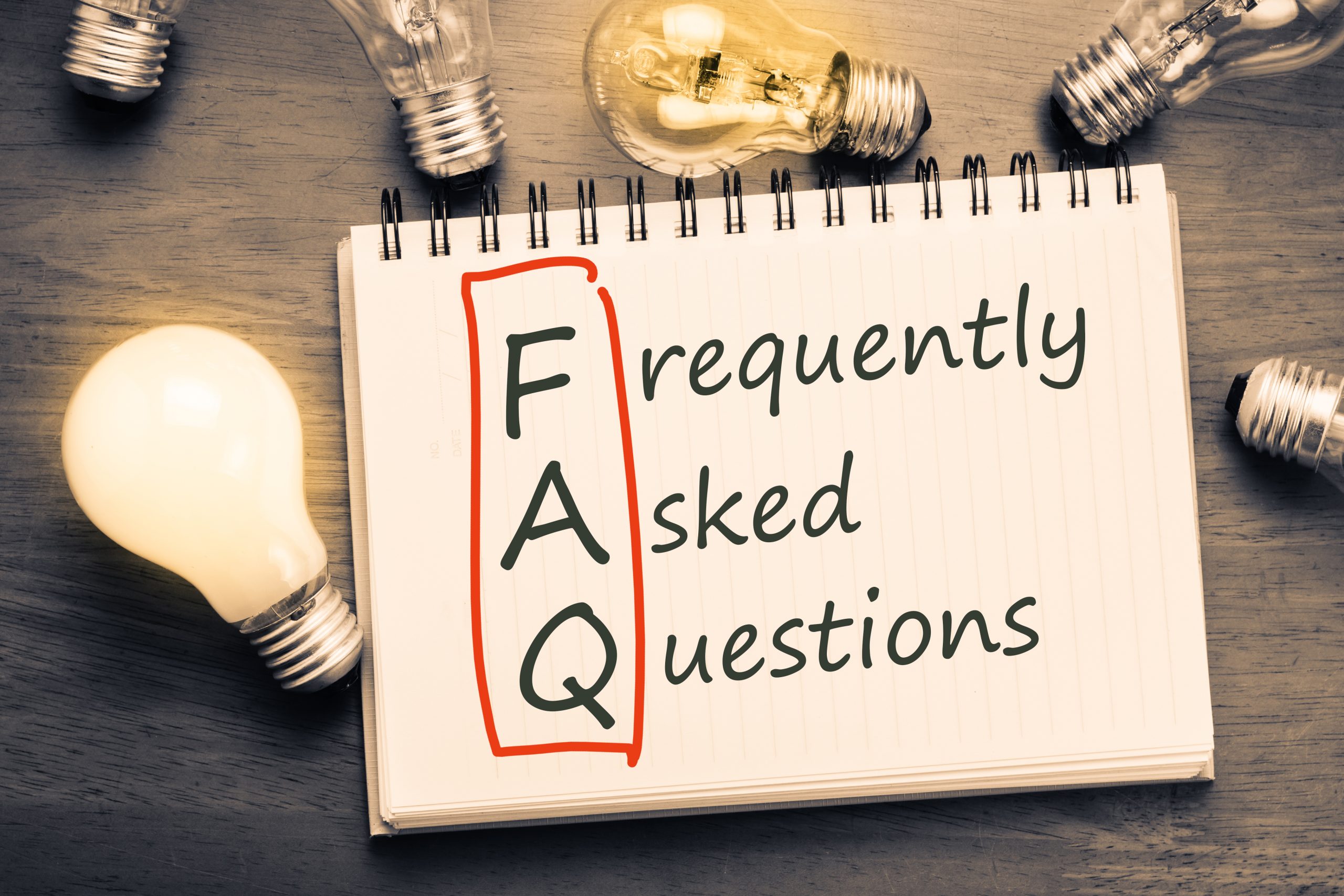Psychiatric Advance Directives (PADs)

Learn about the psychiatric advance directive (PAD) as a tool that gives a person with severe mental illness more voice and choice if the illness worsens and interferes with decision-making. These resources and tips about how to write and share a PAD can help you plan while the illness is well managed.
What is a psychiatric advance directive?
A person with severe mental illness (SMI) may experience periods of time when they lack the ability to make decisions or safe choices due to symptoms of their illness. For many people, this only occurs occasionally. When a person is doing well, it’s a good time to have thoughtful conversations about a psychiatric advance directive (PAD), a tool that works for some individuals who want more voice and choice if their illness gets worse.
What options for a PAD are available in your state?
First, find out if your state has an approved psychiatric advance directive (PAD). Note that some states have different names for a PAD, such as “mental health advance directive.” The National Resource Center on Psychiatric Advance Directives (NRC-PAD) provides state-by-state information.
If a PAD is an option, find out the procedure for writing one and sharing it with providers. SMI Adviser offers a PAD App, including a Facilitators Guide for anyone wanting to help someone build their PAD.
When should someone write a PAD?
Get the conversation started when illness symptoms are controlled. Explore and write down what is wanted if symptoms get significantly worse. A conversation between the individual with SMI and family members or other natural support people can be a valuable experience, even if it does not result in a PAD.
Who can help write a PAD?
Peers who have lived experience with mental illness can provide valuable support for writing a PAD. A peer, also sometimes called a peer support specialist, might be assigned as part of a care team, or there may be a peer support network in your area. Clubhouse International is one place for community networking.
A volunteer or staff member from a local affiliate of National Alliance on Mental Illness (NAMI) also might help with the creation and filing of a PAD. Public health employees, social workers, care team case managers, or an insurance case manager might support PAD development.
An attorney might assist with a PAD but isn’t usually necessary; the forms are intended to be simple enough to complete without legal help (and expense), much like a living will or advanced care directive for any other medical condition. Advance directives are common in the medical field, though the use of them for psychiatric illness is newer.
What does a PAD include?
The document includes places for an individual to describe how they want to be cared for and providers and loved ones they trust. The person can describe what works to help them remain calm and what worsens their symptoms. They can list medications that don’t work or cause allergic reactions. They can provide information about their natural supports and who they want engaged in their care plan.
To be a legal document, a PAD must be properly signed and witnessed and may require a notary public. Check on your state laws and do your best to understand the implications of the PAD before a crisis. These documents are very new in many areas, so everyone involved may need to prepare an “elevator pitch” to explain what the PAD is and what it means.
Can a PAD help avoid HIPAA barriers?
A PAD may include a section for the person with SMI to designate someone else as a designated agent or power of attorney. If a designation like this is made, the PAD can serve as a release of information (ROI), which can be immensely helpful to keep important caregivers engaged and informed.
When writing a PAD, any person signing up to become a personal representative for the person with SMI will want to clarify exactly what rights are being granted through the contract. Be prepared to share that paperwork with anyone providing care.
Providers are responsible to share information with any individual who has a specific legal contract making them a “personal representative,” such as someone with guardianship, conservatorship, or power of attorney. According to the U.S. Department of Health and Human Services (hhs.gov), the HIPAA Privacy Rule states that a “personal representative must be treated as the individual.”
To clarify, this federal guidance document explains that a personal representative “stands in the shoes of the individual and has the ability to act for the individual and exercise the individual’s rights.”
TAC provides another resource with more information about the Health Insurance Portability and Accountability Act (HIPAA).
How do you store and share a PAD?
How these documents are stored and shared is a work in progress in most states. The individual and supporters may want to keep multiple printed copies handy and ready to share by fax or hand delivery if there is an emergency. Additional copies can be kept digitally, ready to send by email when appropriate.
A PAD can be shared with hospital staff, jail staff, community health workers, and anyone else who might encounter or care for someone with an illness and/or condition that may lead to decompensation or lost capacity for decision making.
What else should I consider if I’m helping someone with a PAD?
When sharing a PAD on behalf of someone else, remind hospital/corrections/diversion/respite personnel that this is a way for your loved one to have a voice when they are unable to fully express their true wishes because of their illness symptoms.
A PAD is especially valuable if you are a designated decision maker listed in the document and a person clearly articulates their desire for care and interventions that mirror what you also want for them. Be aware, though, that your loved one may not have the same ideas about what crisis care should be or which circumstances might trigger your ability to act as their designated decision maker. They may not choose you as the designated supported decision maker.
Regardless of whether the document designates you to make decisions on behalf of your loved one, a PAD can be extremely helpful for providing information about medications that should not be used due to prior bad experiences or allergies. Having this information organized and ready to share through a PAD is a significant benefit in a system that is not typically inclined to accept or share information.
The acceptance of PADs varies widely by location and even by facility or provider. Having a properly executed PAD does not guarantee that it will be followed. Advocates can hope that PADs will become more routinely used over time. Writing and attempting to use a PAD is one way to press the system toward their more widespread acceptance.








